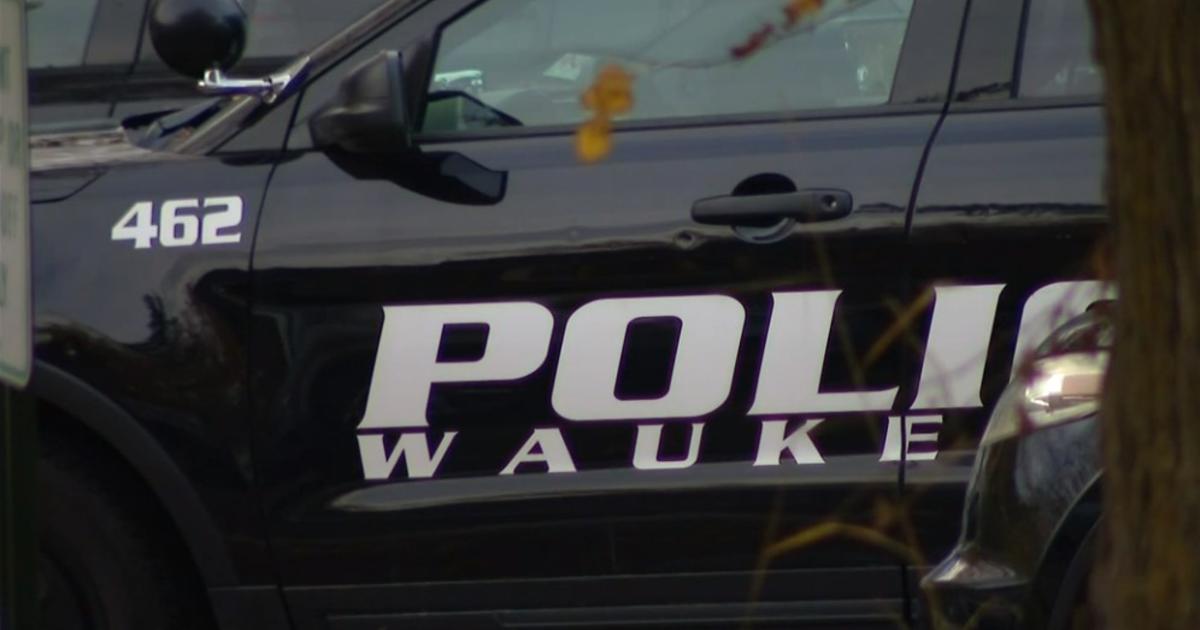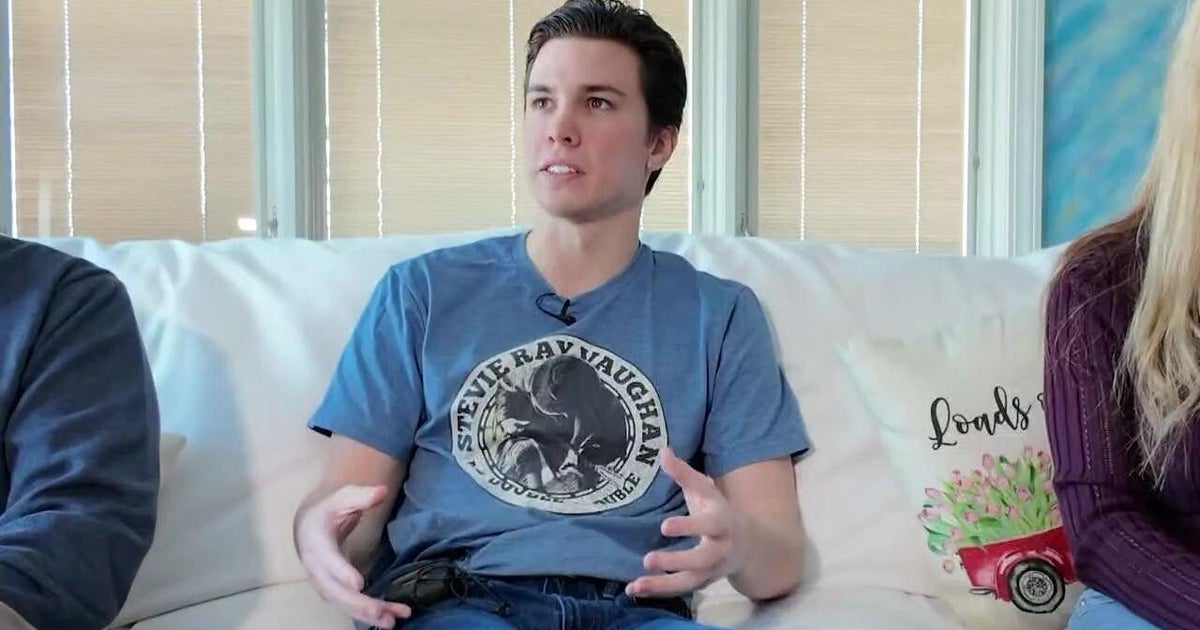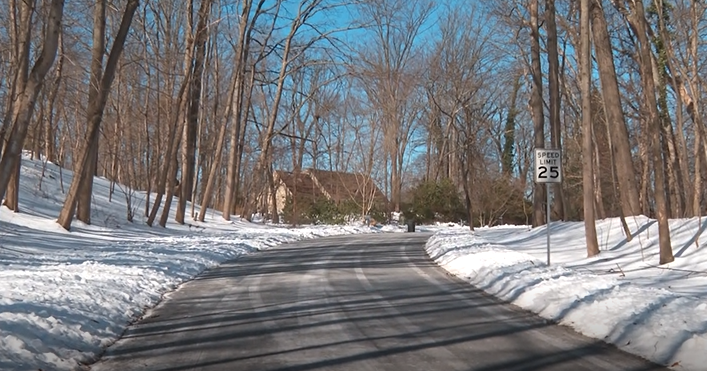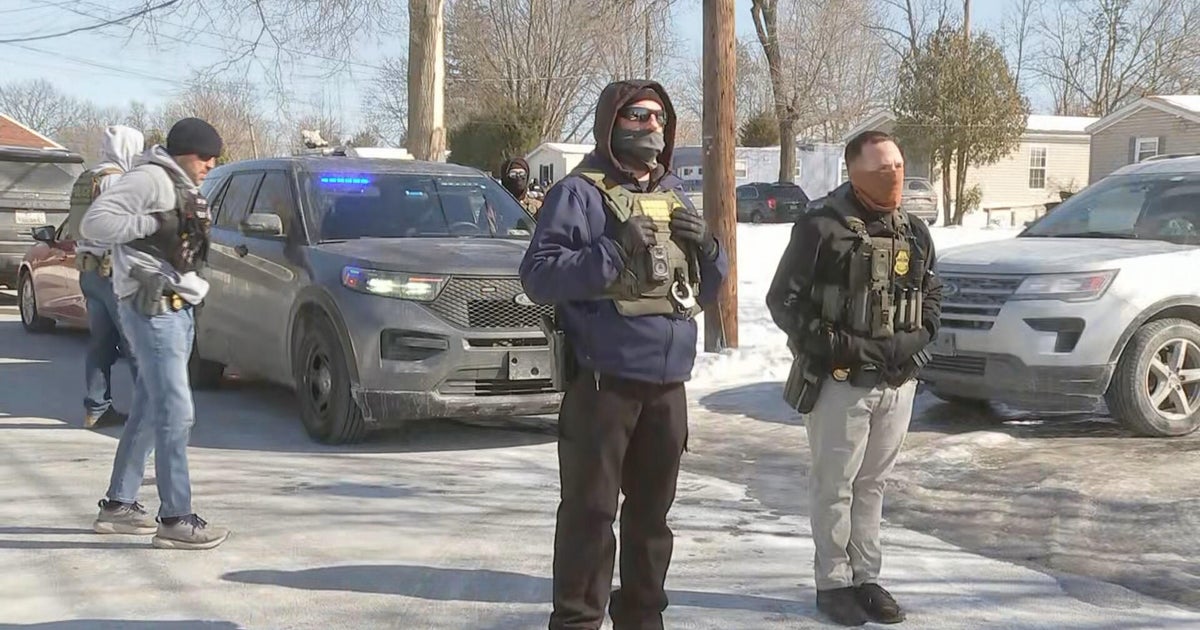Illinois SAFE-T Act still in limbo; Cook County Public Defender argues in its favor
CHICAGO (CBS) -- The fate of Illinois' controversial SAFE-T Act remained in limbo Monday night.
Some say the criminal justice reform law – which includes a provision for bail reform – will make the streets less safe. Others say it is absolutely necessary to make the justice system fairer.
As CBS 2 Political Investigator Dana Kozlov reported Monday night, Cook County Public Defender Sharone Mitchell Jr. is one of the supporters.
The SAFE-T Act would have gone into effect at 12:01 a.m. Sunday. Hours before that, the Illinois Supreme Court put the legislation on hold for the whole state – essentially ruling that it was time to regroup.
The high court stepped in just days after a Kankakee County judge ruled the no-cash-bail provision of the law is unconstitutional.
"It wasn't surprising," Mitchell said. "There is a real value in ensuring the entire state is working off the same playbook."
Mitchell calls the statewide playbook critical. So until the state Supreme Court reviews the law, it is as if the law never existed – and cash bond continues.
If the high court had not stepped in, cash bond would have continued only in the five dozen counties that sued to stop the SAFE-T Act. But cash bond would have been eliminated in others – including Cook County – potentially causing courthouse chaos.
"It would not make sense with one courtroom over here, they were using cash bond – and another courtroom over there, they weren't," Mitchell said.
But Mitchell is a staunch SAFE-T Act supporter. He explains why, as the head of an office that represents tens of thousands of people charged with a crime.
"The vast majority of people in the criminal legal system who are accused of criminal offenses are poor," Mitchell said.
Mitchell believes money should not determine who gets out of jail while awaiting trial and who does not. But he says the state Supreme Court's stay did deal a blow to many people currently behind bars and hoping to be released this week or month.
"We know that it's a good deal of people who are ready to either file motions for their release, or ask the judge to make a decision," Mitchell said.
The issue is far from settled and critics will continue to argue that eliminating cash bail will make streets less safe. Mitchell cites studies that see it differently.
"It actually makes people less safe when you put them in jai – because they're eventually going to come out, and they have lost these ties to the community," he said.
Courtrooms had been preparing for the new law to take effect this weekend. Now, they will just pivot back to the status quo.
Exactly how long it will take for the state Supreme Court to hear the matter and then rule is not clear. But legal experts say it could take weeks or even months.








